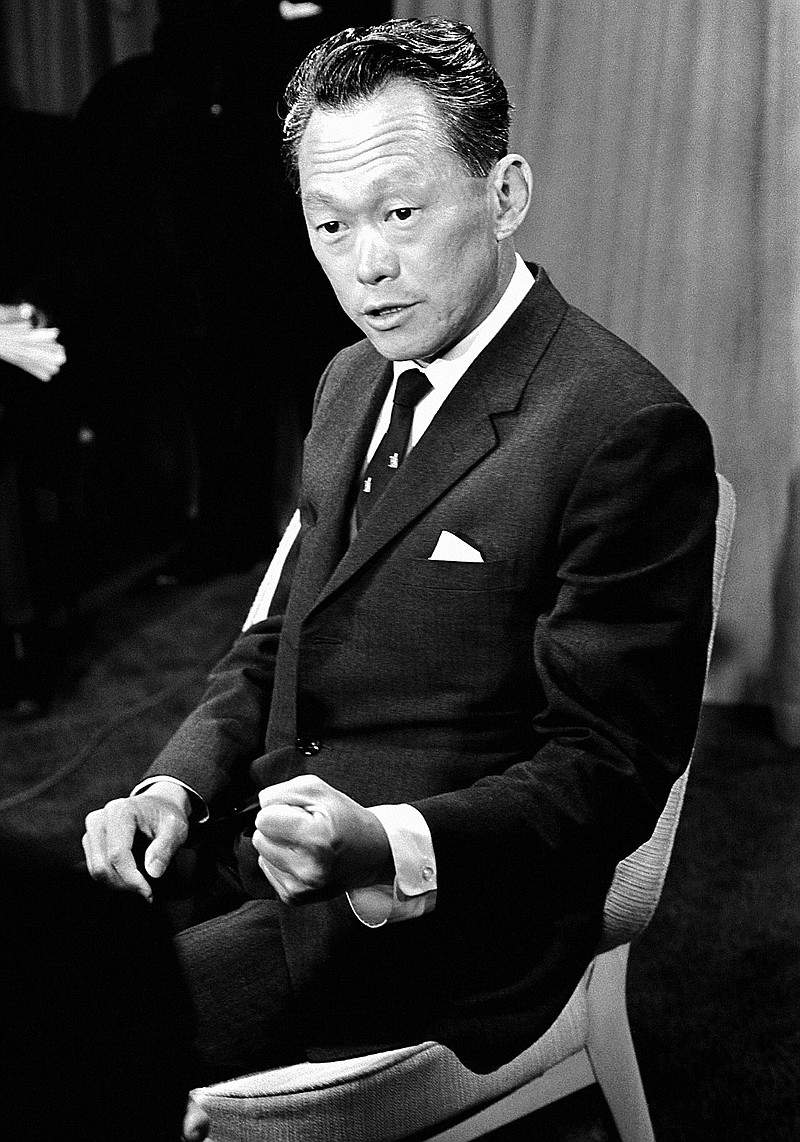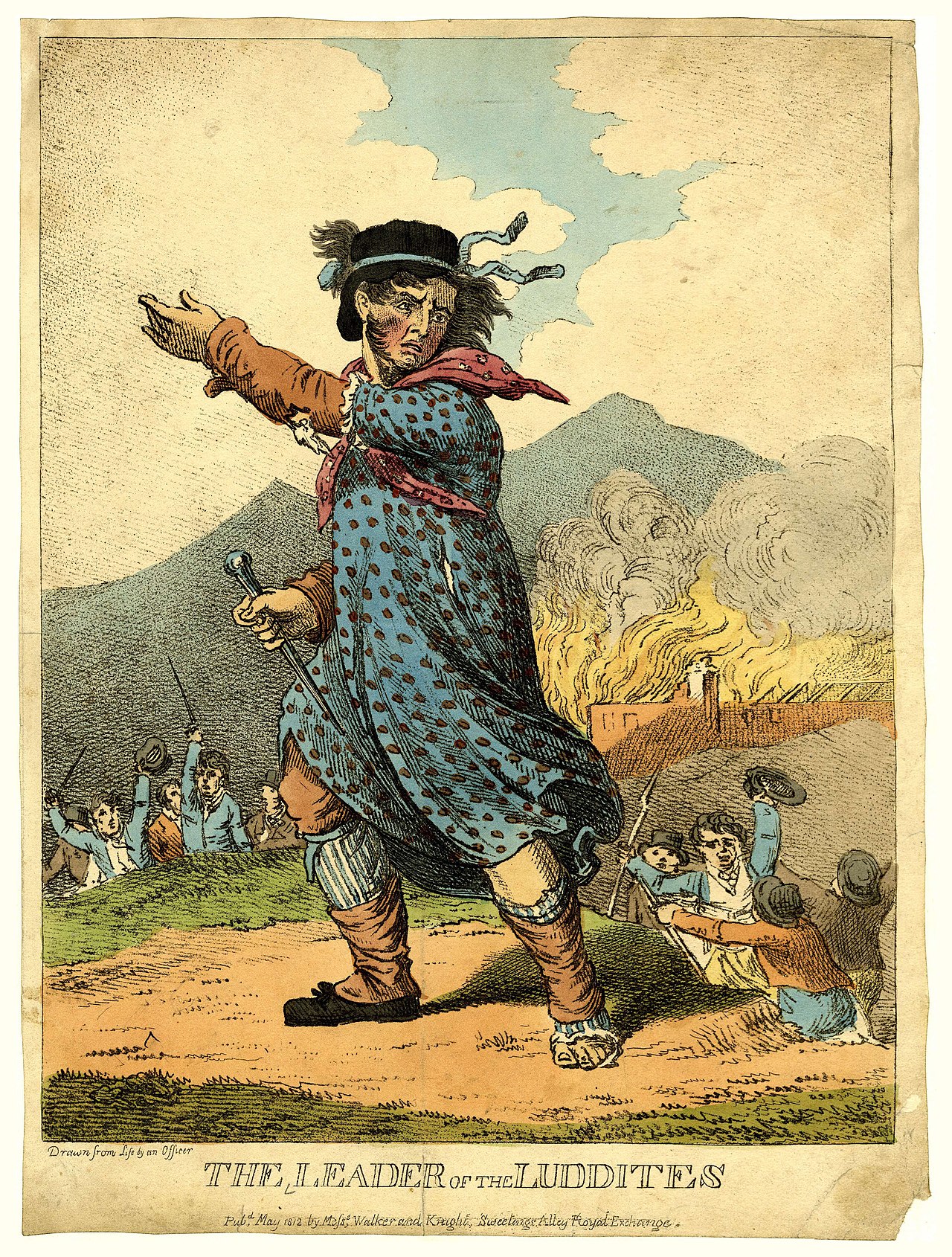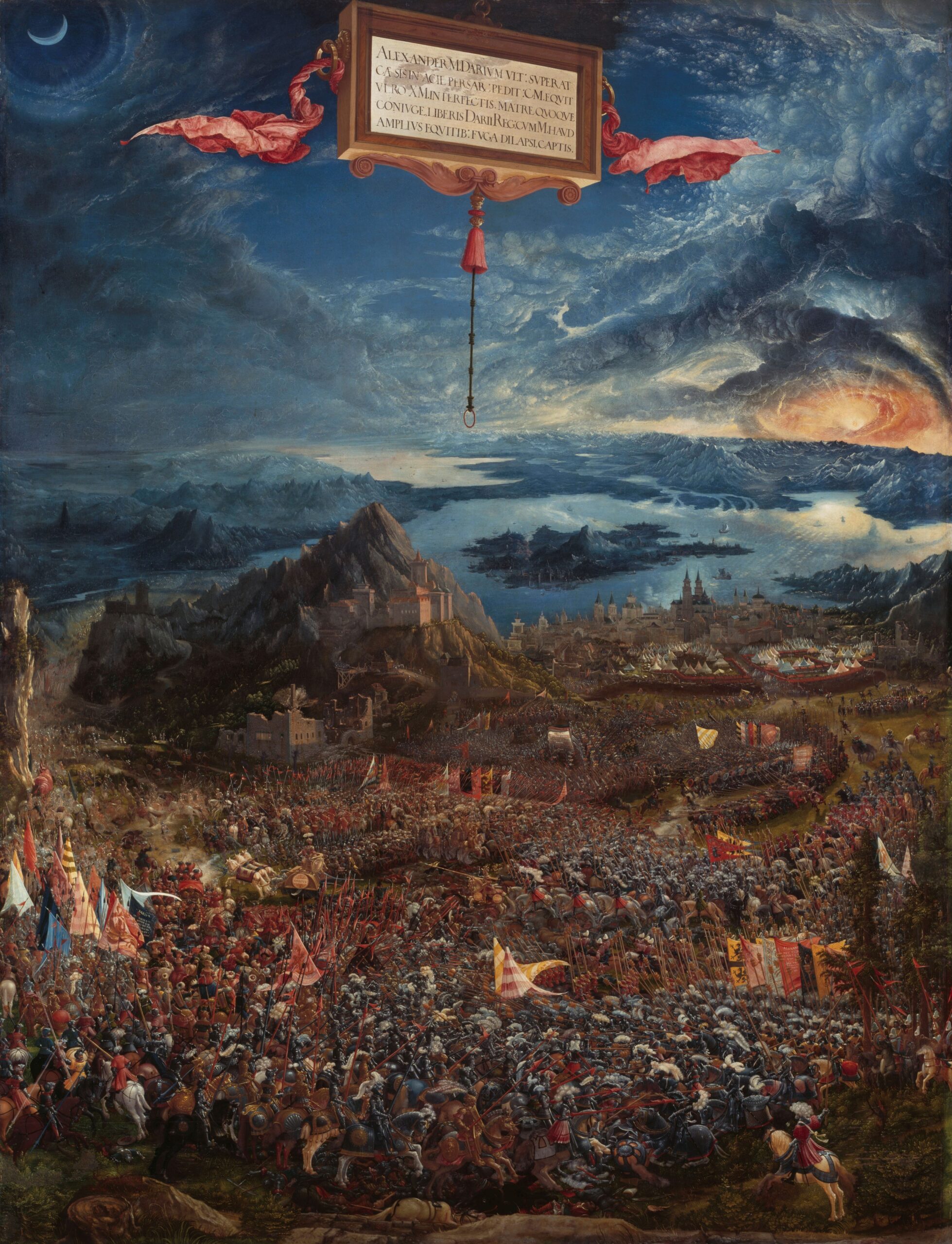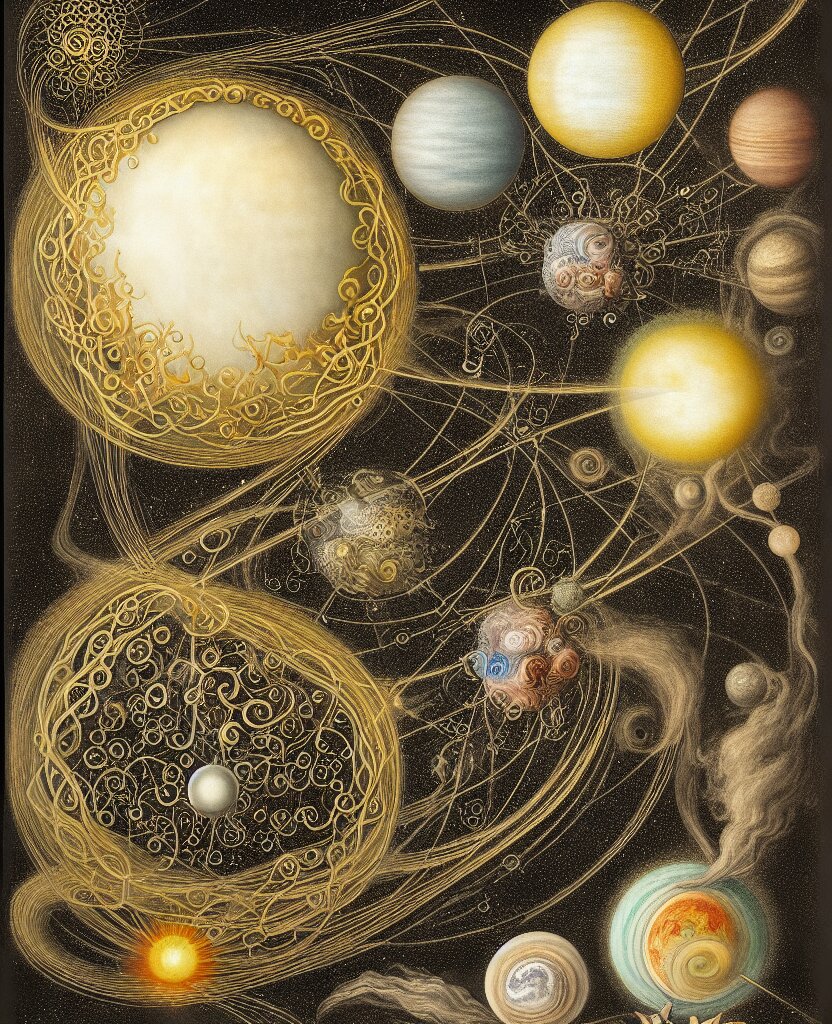
1. Suddenly, Independence
I was emotionally overstretched, having gone through three days and nights of a wrenching experience. With little sleep since Friday night in Kuala Lumpur, I was close to physical exhaustion. I was weighed down by a heavy sense of guilt. I felt I had let down several million people in Malaysia: immigrant Chinese and Indians, Eurasians, and even some Malays. I had aroused their hopes, and they had joined people in Singapore in resisting Malay hegemony, the root cause of our dispute.
I was also filled with remorse and guild having had to deceive the prime ministers of Britain, Australia, and New Zealand.
As long as the battle of wills was on, I kept my cool.
By the time the earth cooled that evening, I was weary. But I was determined to keep my routine of daily exercise to remove my tensions. I spent more than an hour hitting 150 golf balls from the practice tee in front of Sri Temasek, my official residence in the grounds of the Istana (formerly Government House).
The Malays leaders, including the Tunku, feared that if ever they shared real political power with the non-Malays, they would be overwhelmed.
Some countries are born independent. Some achieve independence. Singapore had independence thrust upon it.
British defence spending in Singapore accounted for about 20 per cent of our GDP; their military gave employment, directly to 30,000 workers, and indirectly to another 10,000 domestic help, besides those who catered to their other needs.
2. Growing Up
I have never understood why Western educationists are so much against corporal punishment. It did my fellow students and me no harm.
One student from Kedah told me in my second year, after we had become friends, “You Chinese are too energetic and too clever for us. In Kedah, we have too many of you. We cannot stand the pressure.” He meant the pressure of competition for jobs, for business, for places in schools and universities. The Malays were the owners of the land, yet seemed to be in danger of being displaced =from top positions by recent arrivals, who were smarter, more competitive, and more determined. Probably because they did better and were self-confident, the Chinese and the Indians lacked this sense of solidarity. These was no unity among them because they did not feel threatened.
3. The Japanese Invaders
There was no question of any resentment. The superior status of the British in government and society was simply a fact of life. After all, they were the greatest people in the world. They had the biggest empire that history had ever known, stretching over all time zones, across all four oceans and five continents. We learnt that in history lessons at school. To enforce their rule, they had only a few hundred troops in Singapore, who were regularly rotated. The most visible were stationed near the city centre at Fort Canning. There could not have more than one to two thousand servicemen in all to maintain colonial rule over the six to seven million Asiatics in the Straits Settlements and the Malays states.
The British build up the myth of their inherent superiority so convincingly that most Asiatics thought it hopeless to challenge them. But now one Asiatic race had dared to defy them and smashed that myth. However, one the Japanese lorded over us as conquerors, they soon demonstrated to their fellow Asiatics that they were more cruel, more brutal, more unjust, and more vicious than the British. During the three and a half years of the occupation, whenever I encountered some Japanese tormenting, beating or ill-treating one of our people, I wished the British were still in charge. As fellow Asiatics, we were filled with disillusionment, but then the Japanese themselves were ashamed to be identified with their fellow Asiatics, whom they considered racially inferior and of a lower order of civilisation. They were descendants of the sun goddess, Amaterasu Omikami Sama, a chosen people, distinct and separate from the benighted Chinese, Indians, and Malays.
4. After the Liberation
Choo asked if I knew she was tow and a half years older than I was. I said I knew, and had considered this carefully. I was mature for my age and most of friends were older than me anyway. Moreover, I wanted someone my equal, not someone who was not really grown up and needed looking after, and I was not likely to find another girl who was my equal and who shared my interests. She said she would wait. We did not tell our parents.
5. My Cambridge Days
The other student lawyers did not seem to grasp the niggling point of the law at issue, and once I grappled with it, Seller’s face lit up. When he delivered judgement, he complimented me. But I did not participate in any Cambridge Union Society debate. I did not think it was to speak my mind before I settled with my friends the line we must take we got back to Singapore.
7. My First Clashes with the Government
Raja was enjoying the fight. This was crusading at its best – fighting for the downtrodden masses against a heartless bunch of white colonial exploiters. His polemical style was emphatic. Many years hobnobbing with Indian and West Indian anti-imperialists had given him a heavy touch. My three years of sparring with friendly and sympathetic British students of the Labour Club in Cambridge had give me a different diction, and a preference for the understatement. So we played a duet. Raja strong and vigorous, I courteous, if pointed, always more in sorrow than in anger.
8. Widening the Oxley Road Circle
This was my first face-to-face meeting with a detained member of a communist organisation. I was ignorant of their psychology, the mental make-up and motivation that made them determined to prove to themselves and the world that they were men of conviction and strength, able to endure great privations and hardships for a cause, worthy to be comrades of the other warriors dedicated to the Marxist millennium.
10. Enter the PAP
The biggest single theme that galvanised the Chinese-speaking was Chinese culture, and the need to preserve Chinese traditions through the Chinese schools. It was not a proletarian issue; it was plain, simple chauvinism. But the communists knew it was a crowd-winner that pulled at Chinese heartstrings, and they worked it assiduously.
Once they knew that had lost, they sneaked out of the counting centre at the Victoria Memorial Hall and vanished into the night. They did not understand that when you lose, you have to be defiant, to keep up the morale of your supporters, to live and fight another day. The communists knew this and we, the non-communists in the PAP, quickly learnt it from them.
11. Round One to the Communists
The lieutenant radioed for help, but before he and his men were rescued he fired four shots from his revolver. He was not aiming at the crowd, he said, but one shot appeared to have hit a Chinese student of about 17. Instead of taking him straight to the hospital, however, the other students put him on a lorry and paraded him around the town for three hours, so that by the time he was brought there he was dead from a wound in the lung. Had he been taken to the hospital directly, he might have been saved. But was was one life if another martyr could stoke up the fire of the revolution?
12. Marshall Accentuates the Crisis
My way of constitutional opposition, working within the law, was in marked contrast to that of the communists, and I got results, But without the communists going beyond the law and using violence, my methods would not have been effective. It was the less unpleasant option I offered that made acceptable to the British.
I decided that, whether or not it was practical, the only politically defendable policy was trilingualism, with Malay as the lingua franca and future national language of Malaya, English as the language of international commerce and science, and Mandarin as the mother tongue of the Chinese, and Tamil, Hindi, or Punjabi for the Indians.
13. A Fiasco in London
I did my by best before the London conference to make sure that the next constitution would not open the gates for a communist takeover, but would give us enough room to build a non-communist government, not as a stooge of the British, but as protector of the interests of the people. Marshall never understood the need for this fine balance: to have enough power to act in the people’s interest, but to have the British in a fall-back position if the communists should get the upper hand.
When young London children called me a Chinaman or a Chink, it did not trouble me. If they meant it was a term of abuse, my business was to make them think differently one day.
15. Flushing Out the Communists
Our candidate for mayor was Ong Eng Guan, whose emergence as a crowd-puller for the PAP had been an important development during the election campaign. […] To my astonishment, he began to show signs of megalomania. The resounding cheers that had greeted his Hokkien speeches at election rallies had gone to his head. Becoming mayor added to his delusions of power.
17. Rendezvous with the Plen
Next we had to safeguard the PAP against any left-wing capture of the party. Soon after I returned from Rome, I proposed that PAP elections to the central executive committee be modelled on the system for electing the Pope. As we worked out the details, on 9 October Pope Pius XII died. The cardinals gathered at St Peters to choose the new pontiff, and within three weeks announced the election of Pope John XXIII. We noted the strength of the system, and at a special party conference on 23 November, we got the necessary changes adopted. The amended constitution established two classes of party membership: ordinary members, who could join either directly through PAP headquarters or through the branches, and cadre members, a select few hundred who could be approved by the central executive committee. Only cadres who had been chosen by the CEC could in turn vote for candidates to the CEC, just as only cardinals nominated by a Pope could elect another Pope. This closed the circuit, and since the CEC controlled the core of the party could not now be captured.
18. Election 1959 — We Fight to Win
Those were the days before television, when a good voice and strong, commanding presence were distinct advantages.
19. Taking Charge
A turning point in my life in terms of comfort and efficiency came in 1954, when Choo and I installed a one-horse-power air-conditioner in the bedroom. Thereafter, we never lost sleep because of the humid heat. So I encouraged air-conditioning for all government offices.
On the other hand, we shared the view of the communists that one reason for the backwardness of China and the rest of Asia, except Japan, was that women had not been emancipated. They had to be put on a par with the men, given the same education and enable to make their full contribution to society.
They searched for precedents in the legislation of other countries, and drew up the Women’s Charter, which we passed into law within a year. It established monogamy as the only legal martial condition and made polygamy, hitherto an accepted practice, a crime – except among Muslims whose religion allowed a man to have four wives. The charter was comprehensive and altered the status of women.
There were, in additional several easy, popular points to be scored that required not planning, including a series of “anti-yellow culture” prohibitions imposed by Pang Boon as minister for home affairs. “Yellow culture” was a literal translation of the Mandarin phrase for the decadent and degenerate behavior that had brought China to its knees in the 19th century: gambling, opium-smoking, pornography, multiple wives and concubines, the selling of daughters into prostitution, corruption and nepotism.
20. Glimpses of the Troubles Ahead
He did not strike me as having that subtlety of mind necessary to understand communist tactics and strategy. I therefore decided to see him together with his senior staff for regular weekly meetings so that I would hear directly from the officers who were experts in security without Linsell filtering out important nuances. This paid dividends.
(Former British governor speaking of LKY:) “Generally he accepts my criticism, particularly over treatment of the public service. His reply is that his ministers must learn the hard way by seeing the results of their own mistakes; that he should not stand over them; and that they will learn.”
By the end of the campaign and after innumerable speeches, I spoke understandable Hokkien. To learn a new language in my late 30s, while snowed under by papers stamped Immediate, Urgent, Secret, and Top Secret, and by files with huge red crosses printed on their covers and marked Cicero (for addressee’s eyes only), required almost superhuman concentration and effort. I could not have done it without compelling motivation. […] When I started, I was fumbling, awkward, almost comic, But here I was in front of them, suddenly able to express myself fluently in their dialect. […] This added to the myth. They thought it was natural for me to learn languages easily. But Choo knew I sweated blood to master Hokkien.
21. Trounced in Hong Lim
I quoted Lim Chin Siong’s communist phrase, “Seek concord, maintain differences”, a neat four-character slogan Mao Zedong had often used when he called for a united front on specific issues.
25. Moving Towards Merger
I never allowed the communists to exploit Chinese language, education, and culture, and in this I gained strength from my children being educated in Chinese. Thus I denied the communists a powerful weapon against me. They could attack my bourgeois middle-class background but could not demonize me as they had Lim Yew Hock, as an enemy who was a destroyer of Chinese culture.
30. Bitter Run-up to Malaysia
Lim Chin Siong was not an important communist figure, but he was important as a rabble-rouser. I thought it was necessary to make this gesture, which would not do much harm to security, and released my letter to the press. As expected, he turned down the offer. He could not be seen to be abandoning his comrades. But it had served my political purpose, besides signalling to the Plen that I observed some rules of decency and honour towards my former united front comrades in the anti-colonial movement. Unstated was my hope that he would behave likewise. He was aware that I knew of his elimination squads.
31. The Tide Turns
The tours were physically exhausting and a drain on my nervous energy. I would start off at eight on a sunday morning or shortly after lunch on a weekday. The afternoons were always hot, and during one tour I would make short speeches of 10 to 15 minutes at every stop, which could add up to between 30 minutes and an hour because I had to speak in two or three languages. Sometimes I made as many as ten speeches in a day, each in Malay, English, and Hokkien or Mandarin. I would sweat profusely. I brought three or four singlets and shirts with me and would nip quietly into somebody’s toilet or behind the partition inside a shop from time to time to change into dry clothes, and I carried a small towel to wipe the sweat off my face. I would come home with my right hand bruised and painful from hundreds if not thousands of handshakes, and every now and again a real power squeeze.
33. Confrontasi
He suggested that I get the Tunku to send me Africa to win their support, which he thought would be useful on the psychological front while the British held the military front. He also foresaw that it would make me better known internationally, which would mean that if things ever came to the point where the Tunku wanted to lock me up, there would be a bigger price to pay.
37. Singapore-KL Tensions Mount
I believed music was a necessary part of nation-building. It uplifted the spirits of a people.
41. The Quest for a Malaysian Malaysia
I complained about the double-faced policy of UMNO, that while the top leaders reached reasonable agreements and political truces with us, the secondary leaders kept up a screech of hate in the Utusan and Malayan Merdeka, which circulated in the villages.
In response, I published extracts of the note I had made immediately after my meeting with him.
42. The Tunku Wants Us Out
I could not help telling him that day, “Today is the day of your victory, the day of my defeat; but in five to ten years, you will certainly feel sad about it.” He smirked. I do not think he understood me then, or later. He was only relieved and happy that his position as leader of the MCA and the MCA’s position in Malaysia were now secure.
To cut short further arguments, I told Chin Chye that if he did not accept separation I would not go through with it, because it would split the PAP leadership and cause confusion among our followers both in Singapore and Malaysia. I would abide by the majority decision not to sign and not to secede. But Chin Chye and Raja must take the responsibility; if blood was split, it would not be on my conscience. Soon after that, Chin Chye signed, then Raja.
43. “Talak, Talak, Talak” (I Divorce Thee)
I had let down many people in Malaya, Sabah, and Sarawak. They had responded to our call of a Malaysian Malaysia. Had they not done so and there was no danger of widespread racial collisions if the Malaysian government arrested us, Singapore would not have been expelled. Because they rallied round and felt as passionately as we did about a Malaysian Malaysia, we were expelled. By accepting separation, I had failed them. That sense of guilt mad me break down. It was my moment of anguish. The deed was done, but I was overwrought at the thought of all the shattered hopes of the millions we had aroused.









